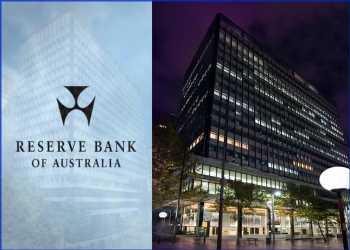Australia Central Bank Hikes Rate Unexpectedly Despite Slowing Inflation
Despite an easing in inflation, the Reserve Bank of Australia unexpectedly raised its benchmark interest rate by a quarter-point and signaled more hikes to bring inflation back to the target in a reasonable timeframe.
The RBA Board decided to hike the cash rate target by 25 basis points to 3.85 percent. This was the highest rate since early 2012.
Markets widely expected the apex bank to leave the rate unchanged today.
Policymakers also lifted the rate paid on Exchange Settlement balances by 25 basis points to 3.75 percent.
The central bank has increased the benchmark rate by a cumulative 375 basis points over ten policy meetings since last May.
“Given the importance of returning inflation to target within a reasonable timeframe, the Board judged that a further increase in interest rates was warranted today,” Governor Philip Lowe said.
Regarding future policy, Lowe said some further tightening of monetary policy may be required to ensure that inflation returns to target in a reasonable timeframe. Nonetheless, this will depend upon how the economy and inflation evolve, the RBA chief added.
Last month, the RBA halted the rate hikes to assess the state of the economy and the outlook.
Even as the recent data showed a decline in inflation to 7.0 percent in the first quarter, the bank said it will take a couple of years to bring the inflation to the top of the target range.
Data showed that the labor market remains very tight and the jobless rate stayed at a near 50-year low.
Lowe said the board’s priority remains to bring inflation to the target. If high inflation becomes entrenched in people’s expectations, it would be very costly to reduce later, involving even higher interest rates and a larger rise in unemployment, Lowe noted.
Further, medium-term inflation expectations remain well anchored, and it is important that this remains the case, he observed.
“Today’s further adjustment in interest rates will help in this regard,” the governor added.
Early this week, the review of the Reserve Bank recommended establishing separate boards for monetary policy and the governance, which would require changes to the Reserve Bank Act.
Source: Read Full Article


